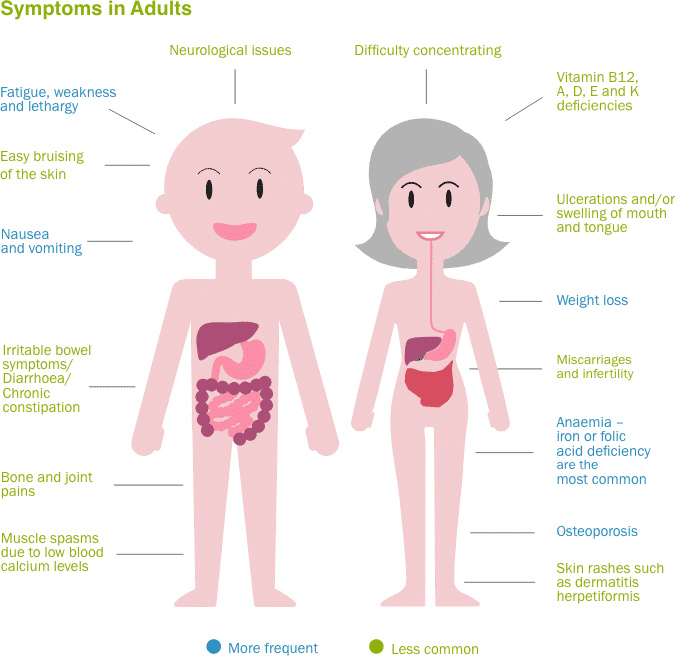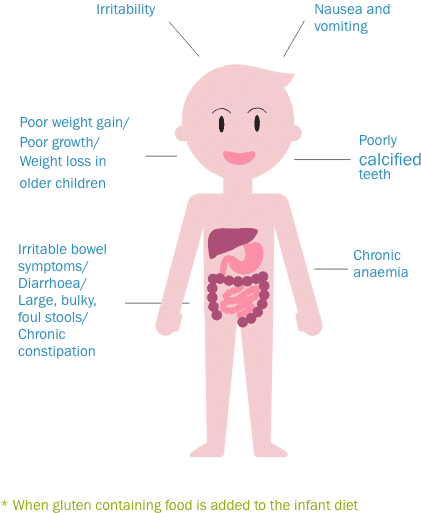Coeliac New Zealand has announced a major milestone, with its national Patient Registry now exceeding 500 participants. The registry, launched just over a year ago to better understand the experiences of people living with coeliac disease and other gluten‑related disorders, is rapidly becoming one of the most comprehensive datasets of its kind in Aotearoa. The […]









